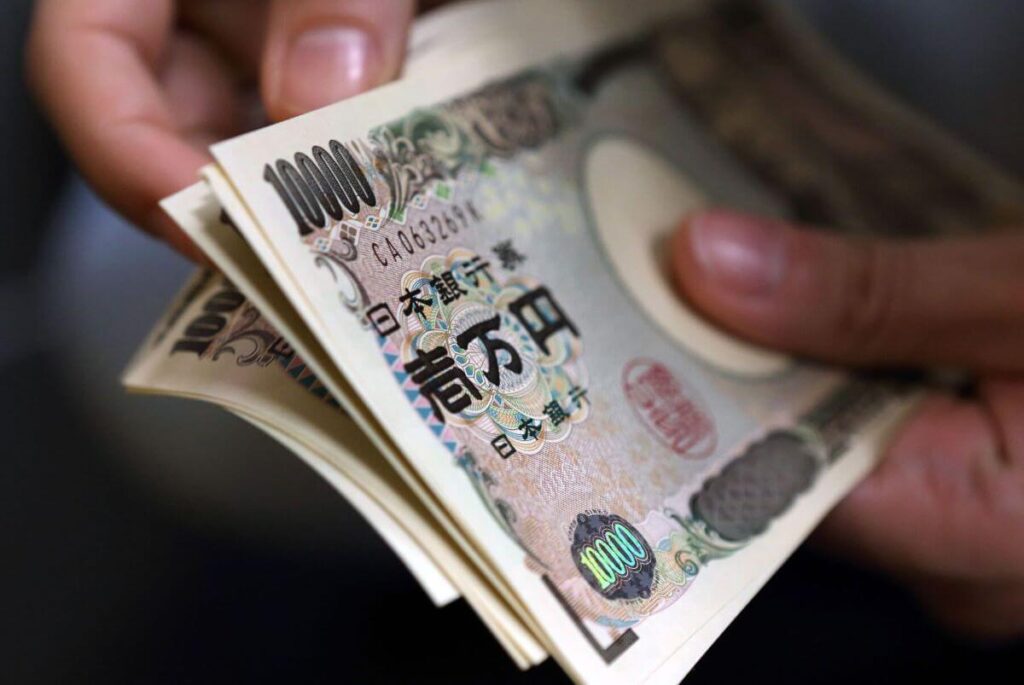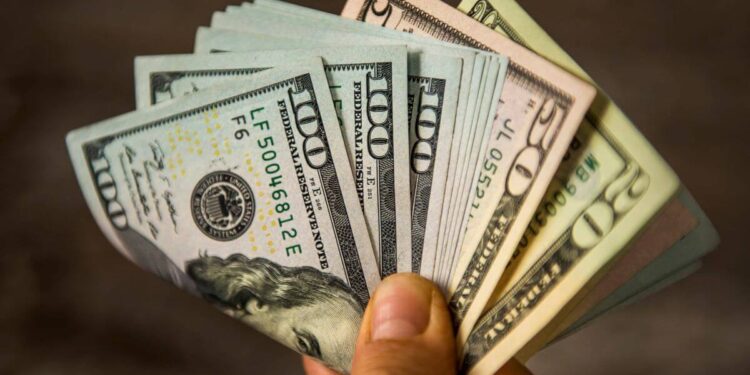The dollar rose against the yen to an almost 11-month high on Monday, keeping traders focused on Japan intervention risks after the Bank of Japan and Governor Kazuo Ueda quashed hopes of any imminent move away from its stark ultra-loose monetary policy.
In the broader currency market, the dollar steadied after last week’s gains as the Federal Reserve surprised markets by signalling U.S. rates would need to stay higher for longer than initially expected.
The yen was last flat at 148.38 per dollar after falling to its lowest level of 148.49 per dollar since late October. It remained within striking distance of 150, a level which some market watchers saw as a line in the sand that would spur forex intervention from Japanese authorities similar to that of last year.
The Japanese currency had fallen more than 0.5% on Friday after the BOJ maintained ultra-low interest rates, while Governor Ueda stressed the need to spend more time assessing data before raising interest rates.

“According to BoJ governor Kazuo Ueda there was no sign yet of stable inflation on a sustainable basis so that the BoJ will patiently continue with monetary easing under the current framework. That was a clear dampener for the yen,” said Esther Reichelt, FX analyst at Commerzbank.
An overshooting to 148.50 would have been seen by many as a catalyst for renewed interventions to strengthen the yen, similarly to last year, she added.
“It is possible of course that exactly such fears of interventions might have prevented a weaker yen for now”.
The dollar index, which on Friday touched an over six-month high, firmed at 105.64 and was last 0.1% higher.
Fed officials had on Friday warned of further rate hikes ahead even after the central bank chose to keep rates on hold at last week’s policy meeting, with markets now seeing a 25% chance of a 25-basis-point increase at November’s meeting.
EURO FACES GROWTH FEARS
Elsewhere, the euro edged 0.1% lower to $1.0635, moving towards a six-month low of $1.0615 touched on Friday against a stronger dollar.
The single currency was on track to lose roughly 1.9% for the month, its steepest monthly fall since May, amid growing recession fears.
“That (recession threat) does not only suggest that a further rate hike in the euro zone is becoming increasingly less likely but also that the market is going to stick to its rate cut expectations for next year, which is putting pressure on the euro for now,” Reichelt said.
The European Central Bank has reached the point where it needs to be wary of raising interest rates too high and should try to avoid a hard landing of the economy, ECB policymaker Francois Villeroy de Galhau said on Monday.
Sterling flattened at $1.2240, after sliding more than 1% last week on the back of the Bank of England’s pause on its rate-hike cycle, a decision which came a day after data showed Britain’s high inflation rate unexpectedly slowed.
The pound was headed for a 3.4% fall in September, its worst monthly performance in a year.
Source: Reuters







